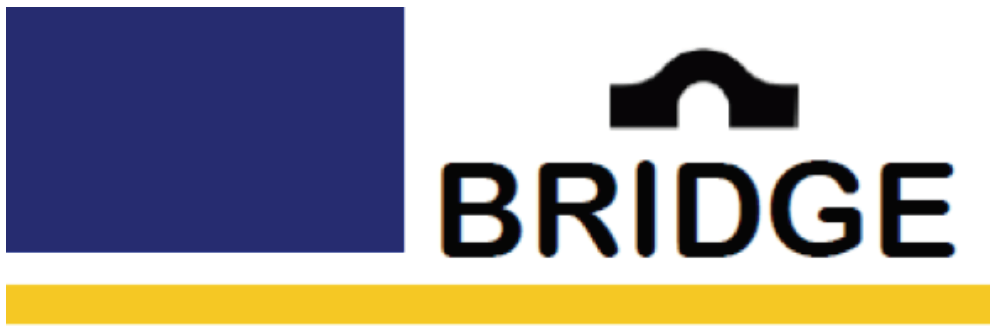BRIDGE – Building up Regional Initiatives to Develop GuidancE for low-skilled adults(2015-2017)
Offering quality guidance services to all citizens at any point in their lives is an important challenge for regions. The project focuses on special guidance needs of low-skilled adults, especially of those who are in employment but at risk of being excluded from the job-market because of missing qualifications. Companies employing low-skilled adults are involved. The project partners are analysing the access to and quality of guidance services for low-skilled adults in Baden-Württemberg/Germany, Bretagne/France and Jämtland/Sweden from different perspectives and with different methods and activities. In a second step, they aim at the adaption, testing and transfer of best practice tools and processes in the field of guidance from one region to the others.
At the heart of the project, a study and handbook will be produced which collects information, good examples and suggestions on the access to and quality of guidance services. The study addresses several thousand professionals working in the field of guidance in the participating regions and beyond. It will give them an overview of measures to support the up-skilling of low-skilled adults in the BRIDGE regions, it comprises the analysis of best practice projects, it includes results of two surveys among counsellors and low-skilled people, it defines key-performance factors for counselling and it will contain a self-assessment-tool for institutions that are active in the field of guidance.
The project is a continuation of the work of the working group on lifelong guidance of the European network EARLALL. One of the main strengths of the BRIDGE project is the fact that it is complementary to latest developments and innovative projects in the field of guidance on a regional level. In addition, an exchange of experiences during international project meetings, on-site visits of best practice measures in the participating regions and other training/multiplying activities will take place.
Longer term benefits of the project are:
- to strengthen guidance networks, cooperation between organisations and measures to support low-skilled target groups through European mutual learning.
- to innovate the access of low-skilled adults to lifelong guidance in participating regions and beyond.
- to improve the quality of guidance with a view to the needs of low-skilled adults by supporting professionals in guidance services.
- consequently, to increase the participation of low-skilled adults in up-skilling activities.



